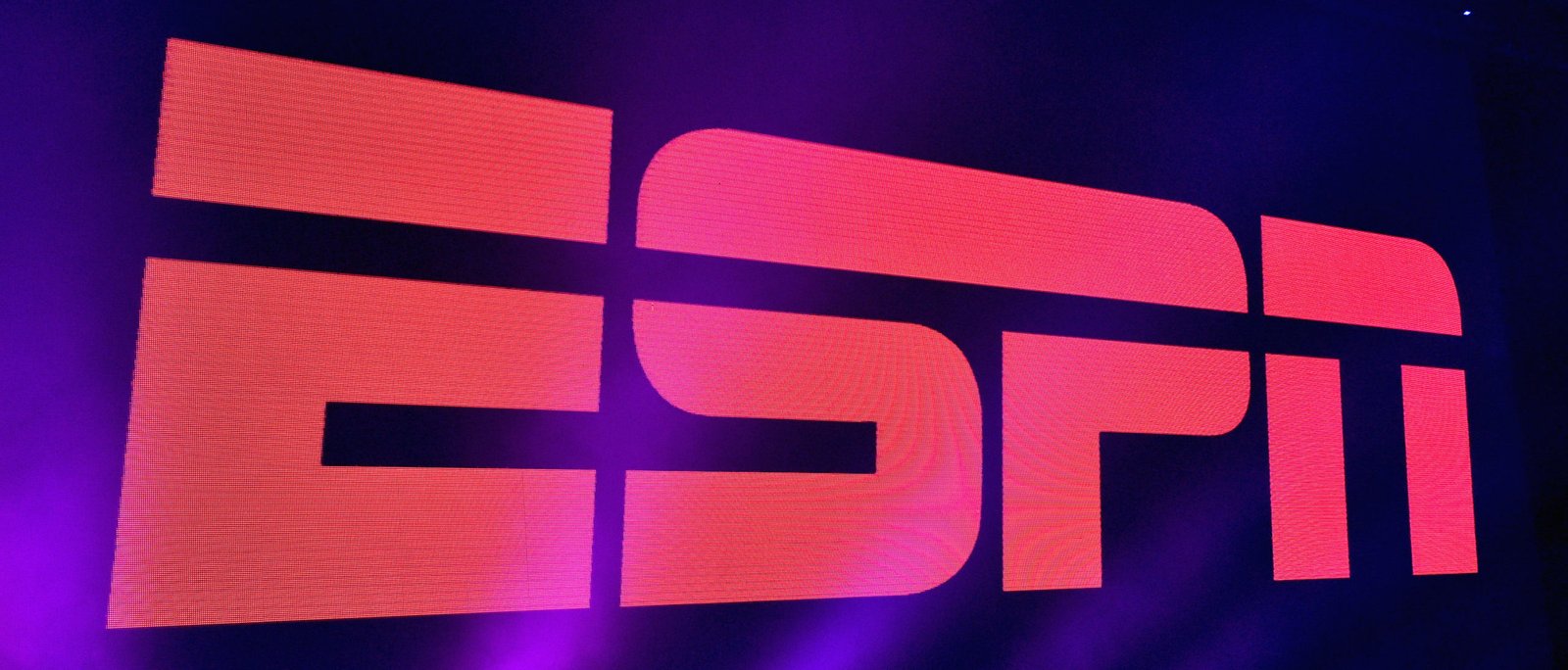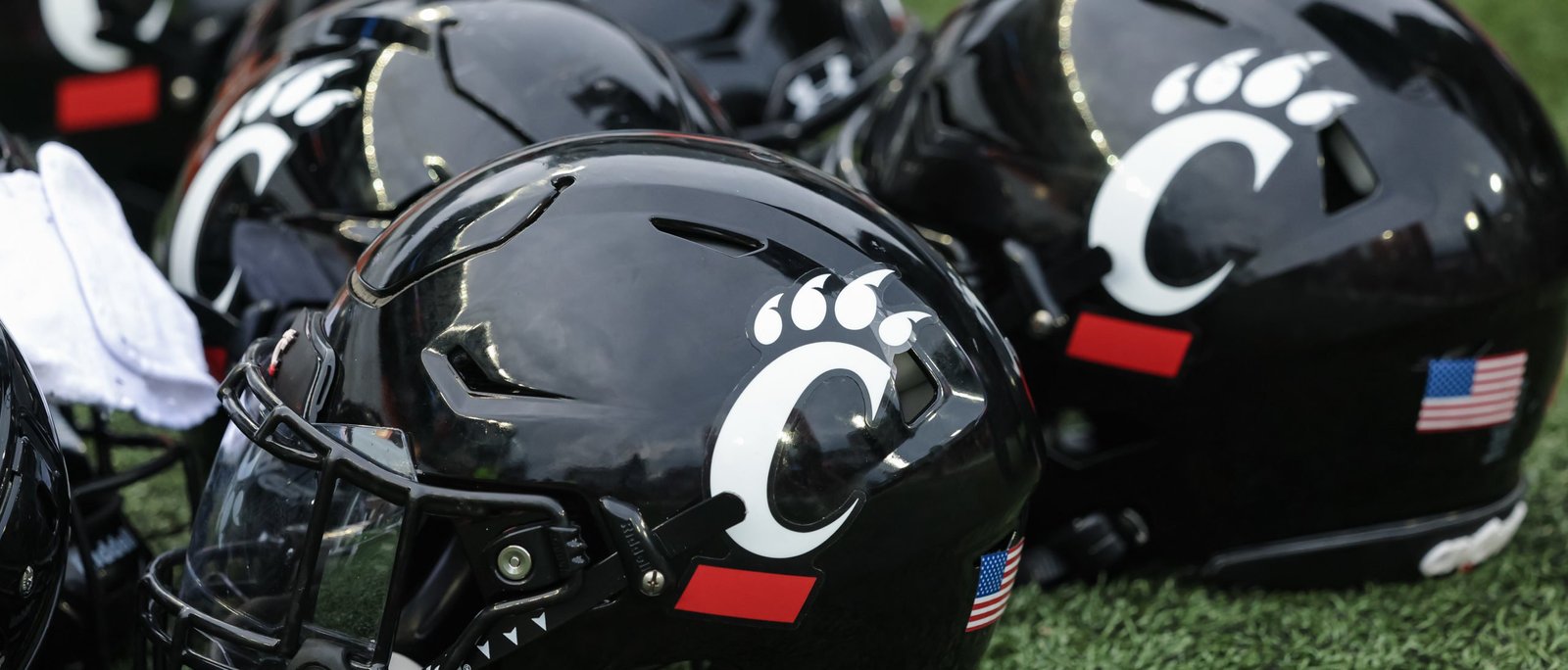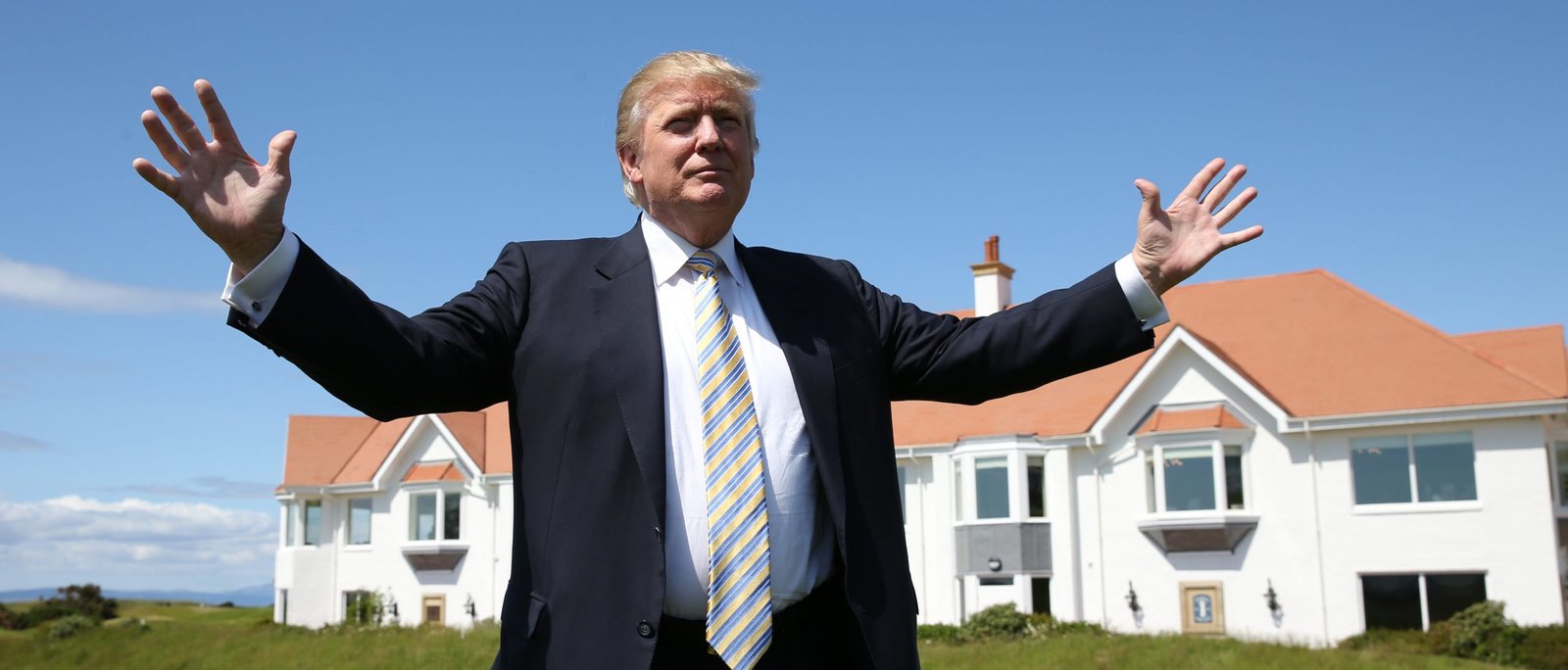What happened to patriotism?
It's hard not to ask this question when examining the cultural landscape of the United States. In a May 2023 survey, 13- to 17-year-olds were asked to choose between the right to vote or quitting TikTok in a hypothetical scenario. Over 64% said they would either: Said They would prefer to keep TikTok and sacrifice voting rights. So the majority of pro-Palestine protesters on college campuses this spring are Generation Z. At an anti-Israel camp at the University of Michigan, student protesters stated “Freedom for Palestine means the death of America.”
These two instances of anti-American sentiment are not the only reason to be alarmed. Educational efforts like the 1619 Project have sought to falsely imply that America is a sexist, racist, and colonialist country — a claim that has been thoroughly rejected by historians and scholars, yet the 1619 Project was once highly praised by traditional media outlets like the New York Times, where it was hailed as a roadmap to racial justice. How could an anti-American, ahistorical literary project receive such high praise?
How did we get here?
It is a cultural as well as a political issue.
According to data from FiveThirtyEight, patriotism has become partisan. Their research shows that: found 76% of Americans consider themselves patriotic, but the cross-tabs tell the whole story: a staggering 97% of Republicans Considered Of those who said they were patriotic, 71% said they were, a huge 26-point difference from the 71% of Democratic supporters. investigation Just 39% of American adults feel “very proud” to be American, according to a Gallup survey conducted in 2023. Just 38% felt that way the previous year, the lowest on record, according to the polling company.
Based on this data, it is valid to conclude that the problem has two roots: apathy and partisanship.
For younger generations, it's easy to become apathetic with mobile phones, on-demand streaming, video games, virtual reality, and of course addictive social media apps like TikTok, X, and Instagram. Overwhelmingly population In these digital spaces, some people prefer their reels and retweets to their civic duty. But can you blame them? Most twenty-somethings in Gen Z have grown up in an environment where their primary connection to “community” is online. Why think about improving your life by voting when you can create your ideal existence in the metaverse from the comfort of your bedroom? Patriotism is heavily influenced by this mindset. concentration and Think critically, Both of these are essential to fostering gratitude for country.
For older generations, it's partisanship, not social media, that permeates their lives. Too many Americans view society through the prism of party politics, which distorts their understanding of citizenship and undermines their sense of patriotism. Add in media sensationalism and 24-hour news, and it gets even worse.
The solution to this problem is simple, but not so easy to implement.
For the younger generation: Unplug! And reconnect with your real community. Volunteer at a local charity, visit a veteran, read about American traditions and history. If you prefer your Kindle to old-fashioned print, we have digital versions available too.
For older generations, interparty dialogue is an effective means of mitigating political differences. Groups like Better Angels have successfully put this approach into practice, emphasizing the importance of embracing different political views in our lives in order to overcome differences.
There's no silver bullet when it comes to questions of patriotism, but meeting people where they are and highlighting our great and remarkable history can help us transcend digital and partisan divides and restore an appreciation for the red, white, and blue.
Christian Watson is Mobilisation Coordinator for the New Tolerance Campaign.
The views and opinions expressed in this editorial are those of the author and do not necessarily reflect the official position of the Daily Caller.
















